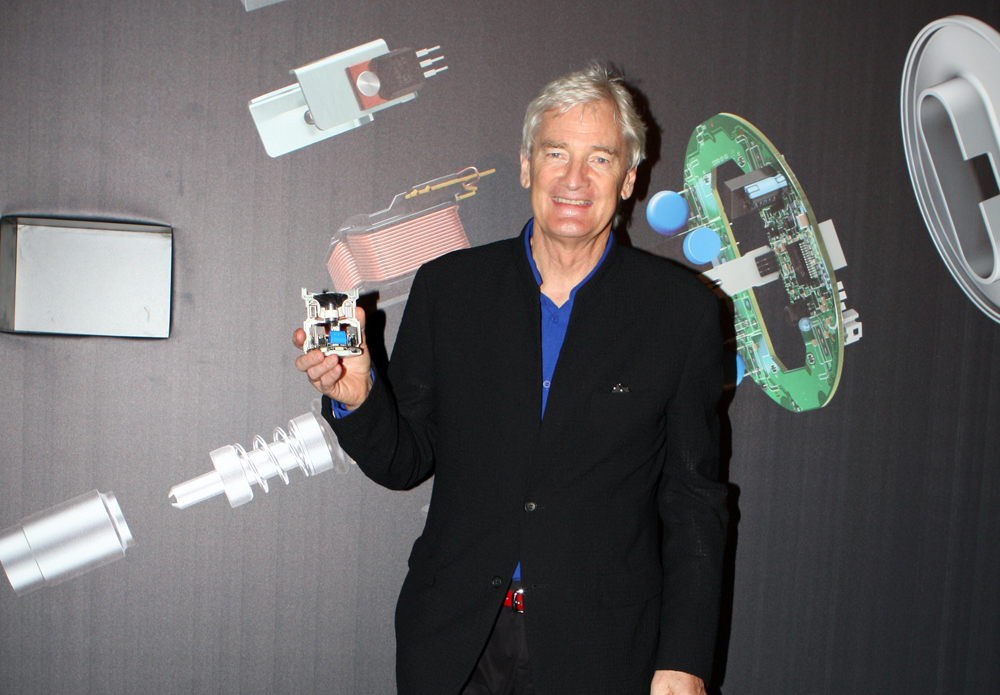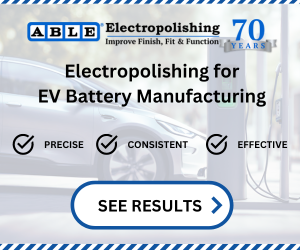The commercialization of new technologies often follows a trajectory that looks something like this: a startup brings the new tech to market, surprising everyone and catapulting the company to corporate stardom; industry incumbents realize they need to embrace the new tech, but find themselves unable to do so, thanks to the pesky Innovator’s Dilemma; other startups, and companies in other industries, decide to get into the new tech too, saying “How hard can it be?”
In the case of electromobility, the answer to that question explains why the wave of would-be Tesla imitators that reared up a couple of years ago is now crashing. Building automobiles is pretty hard. Selling automobiles in volume is orders of magnitude harder, and selling them at a profit consistently is almost impossible.
Apple seems to have figured this out, and a handful of Chinese-backed startups probably will soon. Now we learn that vacuum cleaner innovator James Dyson has given up the quest.
Dyson said the failure was one of economics, not engineering. The company built “a fantastic car,” but “though we have tried very hard throughout the development process, we simply can no longer see a way to make it commercially viable,” Sir James wrote in an email to staff.
“We have been through a serious process to find a buyer for the project which has, unfortunately, been unsuccessful so far,” he continued.
In 2015, Dyson acquired solid-state battery pioneer Sakti3, and was apparently counting on its innovative battery tech to give it an edge in the EV game. Although it’s giving up on EVs, the company says it will continue to develop solid-state batteries, presumably for use in its consumer electronics products.
In 2017, Dyson said it had committed some $2.7 billion to its EV program. Media observers noted that Volkswagen has announced 80 billion euros of investment in its tentative EV efforts, and that Tesla has burned through many billions since its 2003 founding and, despite the phenomenal success of its brand, has yet to achieve consistent profitability.
Source: Reuters, Financial Times
Image: Eva Rinaldi (CC BY-SA 2.0)



















































